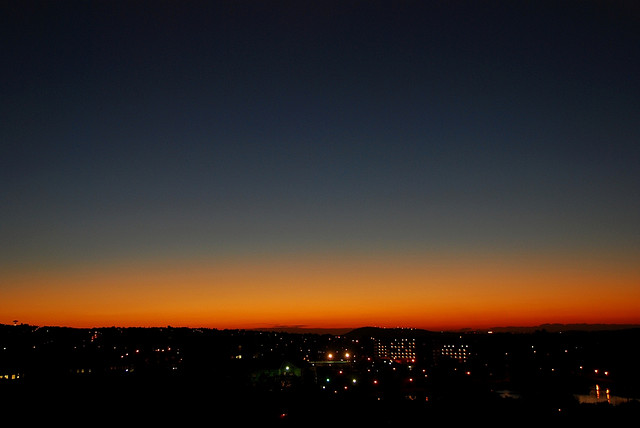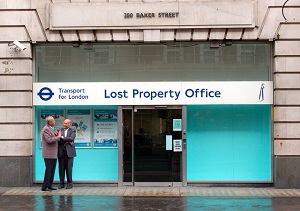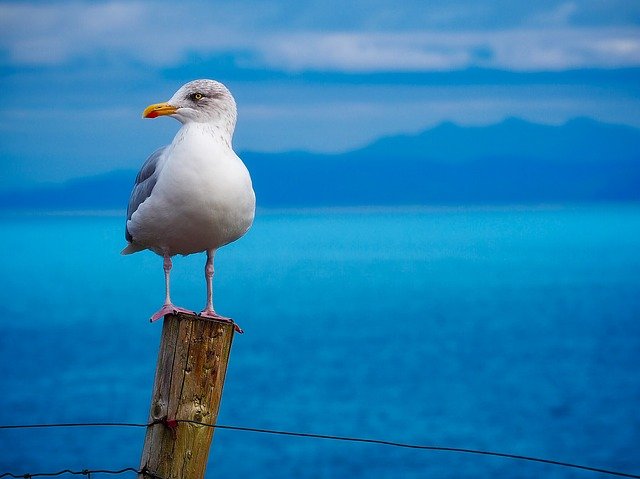You have no items in your cart. Want to get some nice things?
Go shopping
There is no souring air in memories, no corrupting bacteria, no dirtying teeth. Memories instead remain vacuum packed, their fruits refrigerated, plush and solid amongst the parts of the past we have each lived through and then quietly forgotten.
Harare was always a plum to me, a gorgeous memory; blue-black, full and ripe, luxurious and sweet to the tongue. I recall a veranda fringed city, snug with waiters, sunk into earth that feels hot and old. A place punctured with plentiful, crystalline pools. Impressive, near utopian. Of all the things that my unconscious cast away, its grip on Harare, that boyhood visit, never slackened.
[private]In the memory, the hour of your approach to the city does not matter. The airport is expanding then, the city well lit at night. British Airways are operating a direct service. But now, from a private jet, I am unable to see the broken roofs below. Night has unfurled itself, stretched out across the ground, and the land is a black blanket. From the plane’s window the terrain below holds no mirror to the stars. Harare is without power it seems; mute to sight. The faintest bump as we touch down. Despite recent landings in places their tongues are less familiar in shaping, the pilots (two slabs of tough Rhodesian meat amongst the levers of the cockpit) seem edgier on this arrival. I do not press them; the heartbeat of the past double taps me as the wheels meet the ground. I see my family, returning from Victoria Falls. My sister with a crayon colouring book, hand like a typewriter in fast forward, pinging back and forth, weaving an incantation against her fear of flying, next to me. She is just another small, safe, holiday maker in the packed passenger cabin, another of the many tourists who disembark to see well groomed runway, lines of other planes like cards in a pack, a strongly-lit tower. A vision in order.
But in the present the jet’s door rises only into inky skies and it is the smell of Zimbabwe, unchanged, that greets me. Sensory compensation; the prominence of its reach, its incense, where the order of the eye once reigned. We peer across the cracking concrete, at motionless dark. The airport seems abandoned, only the sigh of our engines cooling for company. One of the pilots stoops from the cockpit, “Number One has just left”, he says and gestures around. Even the pilots refer to him that way. “It’s closed for him. We were lucky to get in.” We aren’t without our own influence then, but still we huddle together in the cavernous bus which takes us to the terminal. It is built for fifty, rotten with ghosts. Getting closer, finally I see faint emergency lights, bleeding from the tower’s sign. They are broken, unable to spell the greeting they gave, all the years before, to my parents’ little band:
“WELC ME TO HAR E”.
A handshake missing a finger. As I watch, the lights flicker, flicker, die.
The locals’ necks humoured us as children; bending down like giraffes (on holiday), willow switches (at home). “From London sah?” They wanted to hear about it, to make us feel special.
The necks are iron now at the visa counter, the faces stone blocks when they see my British passport. They need to know no more about me. My purpose? “Business”. My greeting; cold eyes, the elevation of price of entry.
It is not a good time for our driver to be late. Shed of its light, the lobby’s corners are a mess of alien forms, figures skulking, in congress with the dark. I can see dated adverts in the dim, Cheshire Cat smiles on them; it could be those smilers’ bodies, divorced by the years, that mould into the airport’s recesses now, that wait for people less protected. A sequence of events follow quickly from there; the driver’s arrival, our entry to the car, its move from the curb side. With each stage comes respective inflation and deflation, of relief, of shoulders. Old friends wait in the vehicle, but it is ‘the situation’ we discuss as inquiries of health, wives, children, wait. There is no power the locals confirm, no water either. Generators, boreholes, razor fences, these are now the required vitamins.
At a junction, a bumper crumples to our right, correlating with the road’s surface; the traffic lights are closed eyes; an exclamation of weary horns. The driver is rueful, grinning, steers without fuss. “You don’t stop now,” he says calmly. All is black still. Indifferent to our arrival, another day in Harare is coming to an end. We move on, the driver telling us that he is worried at taking a wrong turning in the dark these days. Worried about the roads he knows so well.
Closer to the city’s heart and the dark means I cannot say how bad the cracks in the blocks we passed were, though the hotel narrates faded colony. Mounted heads of game, patchily stuffed, mini toiletries in wrinkled cling-film, gold buttoned lifts, unburnished. Can I race my sisters to the top floor in them again?
By the time I am ready for bed, wearily, my mind is making the slowest of turns, the circles our jet made as Number One took off. It tries to orientate itself, to package the past and present; but wrapped in tiredness, silenced by the sheets, I could be anywhere. In the morning though my preparations for work are laced with Harare; the twenty year old ironing board they send up with its leaking mate, the brown volumes that cascade at the turn of a stiffened tap, the corpse of the hotel my family stayed in, dirt streaked, seen from the car later that morning. For a moment I think the hotel looks tear-streaked, as I make my way to the sort of place this older me goes.
We pass lines of fruit trees, straggly and meandering, on the roadside. I find my eyes have fallen from the window to my legs. We turn off the road and I begin to focus on the tasks to be carried out that day. The path has become no clearer in front than behind. Dust, cloudy from the wheels, track disappearing as wilderness expands.
Specks settle on the windows; the breath of two questions. What awaits for these memories? What became of Harare?[/private]

About N/A N/A
Raoul Colvile is a 26-year-old writer, poet and musician living in East London. His poems and short stories have been featured in A Tale of Three Cities, Her Royal Majesty, Alight Here and The Fun and Beautiful Journal. His short story “Flesh” is to be published by 3am Press in the New Year. His EPs have been released in collaboration with fashion designer Makin Jan Ma. He is currently writing his first novel.




